QuestionQUESTION: Hi Corlena,
I have a question about my mare,who I started to switch to haycubes, since our local hay is of low quality. Right now I have her on 5 lbs of hay cubes, 6 lbs of concentrated feed, and she also receives fresh grass which weights around 15lbs as well at the end of the day. I split the concentrated food and cubes over 3 times daily. Before I gave her regular hay, around 1/3rd of a bale, which is variable, but I calculated it around 4-6 lbsa day, and now I have basically replaced the hay with the cubes.
What concerns me is that she has lost weight, she used to be a bit too fat, that is also why I lowered the concentrated food, it used to be around 8lbs a day and she was too hyper most of the time. She doesn't work very hard, around 45 minutes 5 times a week. I do not do shows or jumping with her, just regular ground work. I gave her a deworming last Saturday and I found her weight loss more pronounced all of a sudden since then, which is kinda weird. Before that week, she was looking fine, somewhat slimmer but just right. I think she is about 15hands and around 900 lbs.
Hoe you can give me some pointers, since I really feel the hay cubes are of good quality, they look good, smell very fresh, and she eats it very well. The only thing I can imagine right now is that the passage of her food has a faster passage thru her intestines, maybe because I do mix her concentrated food with a small amount of cubes. I hope this gives you enough information.
I appreciate your help,
PS, her energy level is very good, when we work out, she seems fine and has no problem working well, she has always been very forward and still is,
ANSWER: Hi Carey,
Thank you for your question. There could be a few possible explanations (and solutions) for your horse's weight loss that come to mind so lets take a look at what we have.
A 900lb horse doing the amount of work that you describe should consume about 22.5lbs of dry matter of feed daily (this assumption is based on estimated energy concentration of feeds, meeting daily energy requirements). Your 5lbs of hay cubes account for 4.35lbs (based on 87%DM), concentrate for 5.4lbs (90%DM), and fresh grass for 3.75lbs (25%DM). As it stands, you are feeding approximately 13.5lbs of dry matter compared to the 22lbs she should be eating. A bale of hay can weigh anywhere from 40lbs to 90lbs, which suggests you were feeding at least 13lbs (11lbs DM) of hay plus 9.15lbs of DM in grain + grass...which would have been closer (if not right on target) to the recommended dry matter intake. This shortage in dry matter intake, which has ultimately led to a shortage in energy intake, certainly could explain your horse's weight loss. To rectify this, you need to feed 14.5-15lbs of hay cubes a day to meet both your horse's daily dry matter and energy requirements.
An additional issue that your horse could have is an unbalance in her hindgut microflora (bacterial population). It is a generally accepted theory that you need to take several days to change your horse's concentrate, when in fact it is changes in forages that should be done gradually over a number of days (a week is a safe number). You see, concentrates are digested in the stomach by digestive enzymes that are constant in nature and secreted regularly. But forages are fermented by bacteria in the cecum, and each type of legume/grass requires a specific group of bacterial strains to ferment it. If you change the dietary forage, you need to cultivate a new population of bacteria that are capable of fermenting the forage (there will already be a minimal population there...but it will need several days to build up to a population that will be effective). Even if you are switching to a superior forage, the adaptation period is necessary. Deworming can further aggravate the situation, as it tends to destroy some bacteria while it is destroying parasites. Feeding a quality yeast based prebiotic can help support healthy cecal bacterial populations, and remedy a shortage of effective bacteria.
I hope this has helped to some extent. Running a thorough ration is always a good idea, as it can build a healthy diet and potentially identify any metabolic disorders by virtue of eliminating a poor diet as a cause for weight loss.
Thanks, Corlena
---------- FOLLOW-UP ----------
QUESTION: Thanks, that has helped explain how I should calculate the totals of her diet better. Just a quick feedback here in Panama our bales of hay don't even come close to being 40lbs, I more or less weigh one and it is closer to 20lbs, if you are lucky, most are even less. I used to give her more concentrated food, around 8lbs as well, and the weigh of the grass is more that I gave you at first, more around 10 kilos or more, but we don't have a good scale to weigh these big bulky stuff on, so it is hard to estimate. However, quick question, how much do you gave hay in dry matter? Also 85%?
Then what you mentioned about the bacterial flora in her cecum makes a lot of sense, because i did feel that it seemed she lost the weight quite suddenly after her deworming, it could have aggravated the situation,
I will raise the cubes and concentrates again to higher levels,
Thanks for your help,
AnswerHi Carey,
I did not realize that there was such a discrepancy in bale weight between countries...I know in this part of Canada our bales weigh 40-50lbs and are considered small compared to the bales in California that weigh in at close to 90lbs. It's always interesting to me to see how things are done in other countries, thank you :) Your decrease in concentrate feeding rate certainly can account for the difference in dry matter intake and resulting energy deficiency.
I did estimate dry matter content of hay at 85% but it certainly can vary anywhere from 78% (any lower and molding begins) into the 90%'s. Dry Matter content of hay cubes does tend to remain fairly consistent between 85-87% depending on their content (alfalfa, timothy or a mix).
Thank you for the feed back :)
Corlena

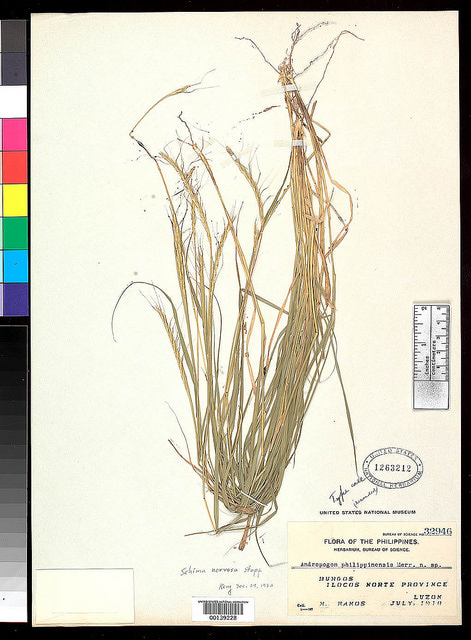 sehima nervosum hay for our horses - free choice
Question
sehima sehima 1
hi maam. present
sehima nervosum hay for our horses - free choice
Question
sehima sehima 1
hi maam. present
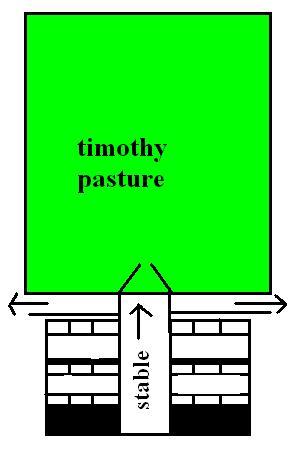 stables inside my pasture
Question
stables inside my past
hello maam, can i set l
stables inside my pasture
Question
stables inside my past
hello maam, can i set l
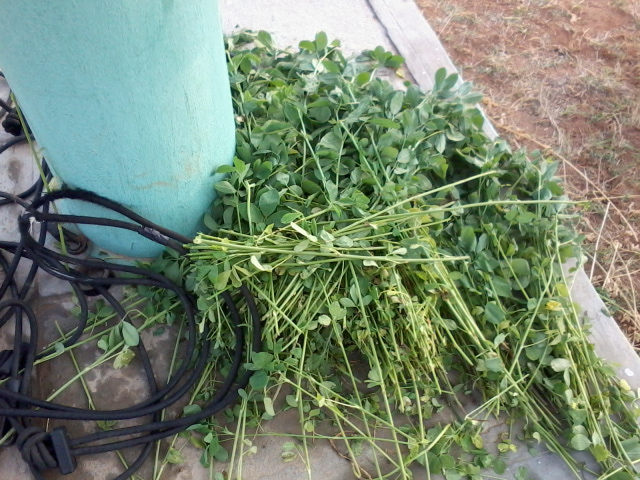 alfalfa grass for baby horses
Question
alfalfa grass
hello maam, my trainer ke
alfalfa grass for baby horses
Question
alfalfa grass
hello maam, my trainer ke
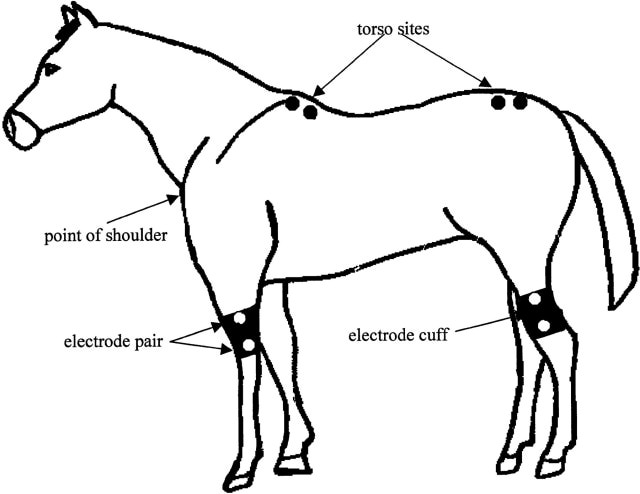 diagram representing
Question
diagram represent
hello maam, can you p
diagram representing
Question
diagram represent
hello maam, can you p
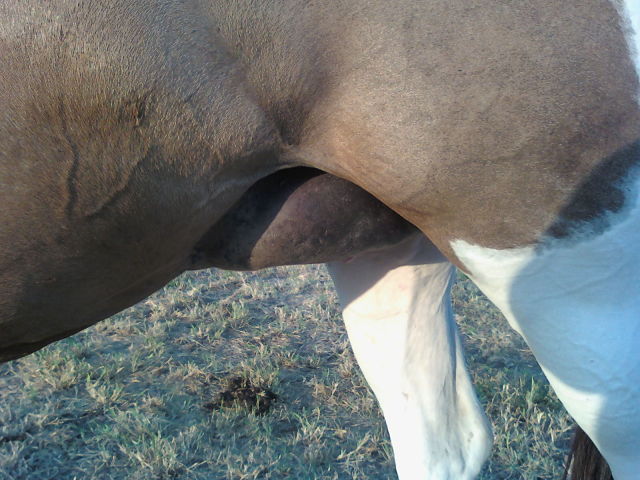 What could my horse be allergic to?
Question
Blue
I have a 14 year old paint mare that just
What could my horse be allergic to?
Question
Blue
I have a 14 year old paint mare that just